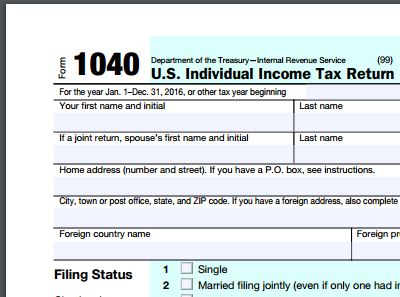It’s National Tax Identity Theft Awareness Week. This is a topic that I, unfortunately, have had personal experience with. A few years ago, before I had filed my tax return for the year, I received a letter in the mail alerting me that someone had filed a tax return using my social security number. Since I hadn’t filed, I knew immediately that I had been the victim of Tax Identity Theft. The IRS had obviously already suspected that something might be a little fishy so that’s why I received a letter. I had to send in an affidavit and a copy of my ID. I wasn’t able to e-file and my refund was delayed for months. It is happening to more and more people every year.
Here are a few tips to help avoid being a victim yourself:
- Submit your tax return as early in the tax season as possible.
- Be very selective about sharing your personal information.
- Shred any documents that contain your social security number or other sensitive information.
- If you use a third party to prepare your taxes, make sure it is someone you trust.
If you know or suspect your identity has been stolen, take these steps immediately:
- Contact the IRS and let them know of your concerns. They will instruct you on how to proceed. You may be required to file Form 14039, Identity Theft Affidavit.
- File a complaint with the FTC at identitytheft.gov.
- Contact one of the three major credit bureaus to place a ‘fraud alert’ on your credit records:
- Equifax, www.Equifax.com, 1-800-766-0008
- Experian, www.Experian.com, 1-888-397-3742
- TransUnion, www.TransUnion.com, 1-800-680-7289
- Contact your financial institutions.


